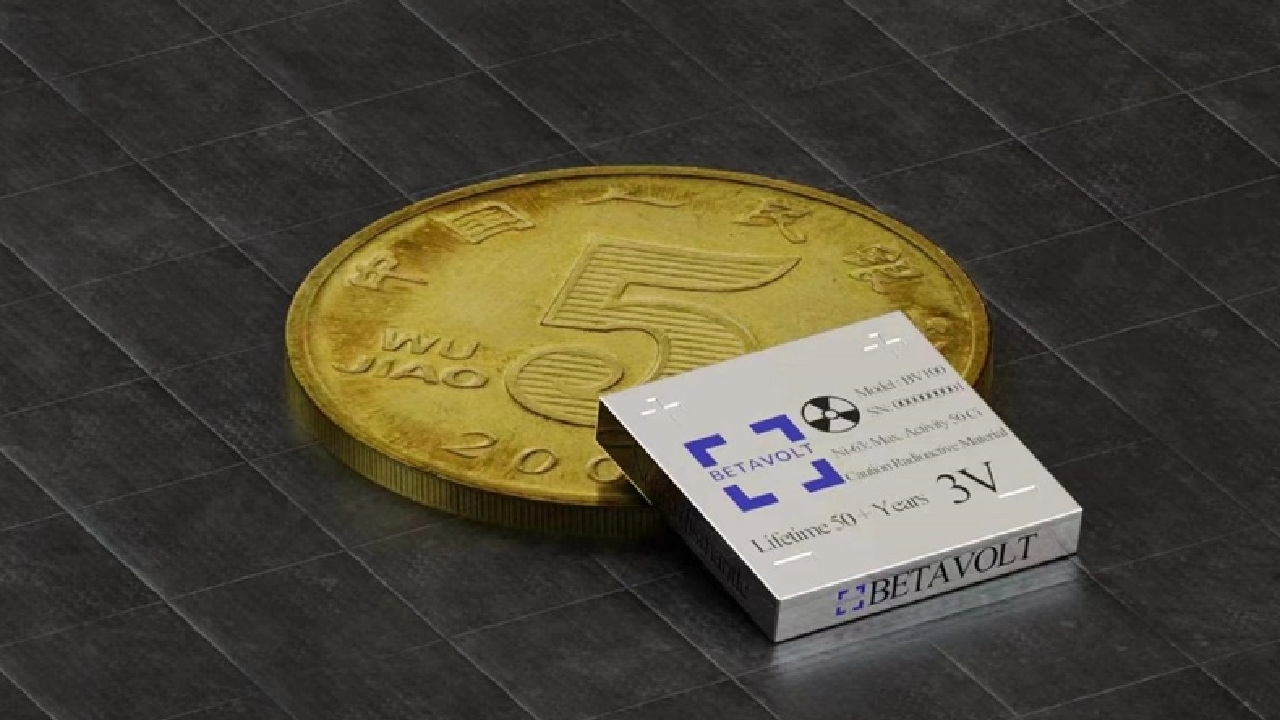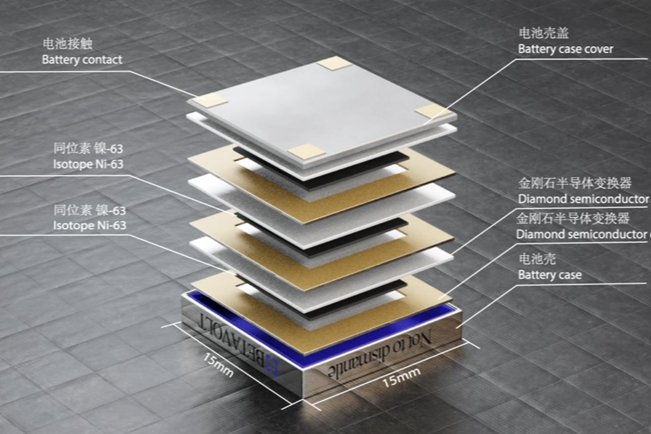Nuclear Battery Developed to Allow Us to Use Phones without Charging for 50 Years
A company called Betavolt announced that it has produced a battery using nuclear energy. Claimed to last 50 years, the battery is planned to be used in phones and drones.
Nuclear energy, which has been in our lives since the 1900s, can be used in many different fields. A Chinese initiative says that this energy may soon come to our smartphones. Moreover, this technology could allegedly eliminate the need to charge our phones.
The startup is Beijing-based Betavolt, known for its work in miniaturizing atomic energy. The company says it has developed a battery that has the potential to revolutionize the world. Betavolt claims that this battery can operate for 50 years without the need for charging or maintenance. He adds that he achieved this by placing 63 nuclear isotopes in a module as small as a coin. According to the statement, the nuclear battery is 15x15x5 cubic millimeters in size and provides 100 microwatts of power at 3V voltage. The company adds that it plans to produce a battery with a capacity of 1 watt by 2025.
Betavolt claims that this battery can operate for 50 years without the need for charging or maintenance. He adds that he achieved this by placing 63 nuclear isotopes in a module as small as a coin. According to the statement, the nuclear battery is 15x15x5 cubic millimeters in size and provides 100 microwatts of power at 3V voltage. The company adds that it plans to produce a battery with a capacity of 1 watt by 2025.
The company's goal is to mass-produce this nuclear battery for use in devices such as phones and drones. It is even rumored that pilot tests have already begun. However, there is no information about the release date.
Of course, the use of radioactive materials raises major concerns and may make people reluctant to put these batteries in their pockets. Betavolt says the battery's multi-layer design prevents flames and explosions. It also claims to be able to withstand temperatures of -60 and 120 degrees. On safety, "Betavolt's atomic energy battery is absolutely safe. It contains no external radiation and is suitable for use with medical devices in the human body, such as pacemakers and artificial hearts." But this statement does not remove all concerns.
Nuclear batteries are known for their long lifespan, which can last for years, but they also raise questions about safety and the environment. So launching a product that could be in the pockets of millions of people is likely to come under pressure from regulators. The company says that "atomic energy batteries are environmentally friendly" and that 63 isotopes become non-radioactive and non-hazardous to the environment after the decay time.








































![[LIVE] Engage2Earn: Veterans Affairs Labor repairs](https://cdn.bulbapp.io/frontend/images/1cbacfad-83d7-45aa-8b66-bde121dd44af/1)


